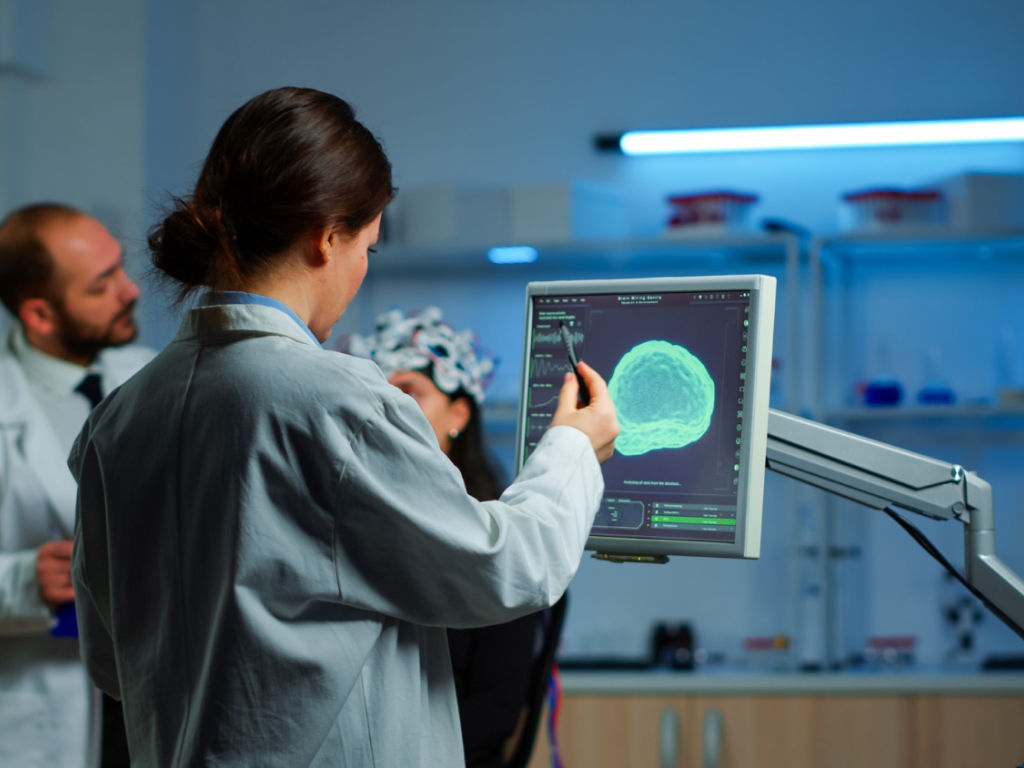Neurology
Your health, our priority
Leading-edge neurology: Dedicated to understanding, treating, and enhancing brain health with expertise
Neurology services: diagnostic and treatments
Welcome to the Neurology Department at Hospital1, where we are dedicated to providing comprehensive care for patients with neurological conditions.
Our team of experienced neurologists, specialized nurses, and support staff is committed to delivering the highest quality care to improve the lives of our patients.
Diagnostic services
Our advanced diagnostic services are designed to accurately assess neurological health. We offer a range of diagnostic tests and procedures, including:
Electroencephalography (EEG): Monitoring brain activity to diagnose seizures and other disorders.
Magnetic Resonance Imaging (MRI): Detailed imaging of the brain and nervous system.
Electromyography (EMG): Evaluating muscle and nerve function.
Neuropsychological Testing: Assessing cognitive and emotional functioning.
Treatment options
Our neurology department provides a comprehensive array of treatment options for various neurological conditions:
Stroke Care: Rapid response for stroke patients, including clot-busting medication and interventional procedures.
Epilepsy Management: Personalized treatment plans for seizure control.
Headache and Migraine Care: Comprehensive approaches to manage chronic headaches.
Neuromuscular Disorders: Diagnosis and treatment for conditions like ALS and muscular dystrophy.
Frequently asked questions
Patient resources
Make informed decisions about your health
We provide resources to help you better understand your condition and make informed decisions.
Step 1: Book an appointment
This entails collecting data pertaining to the patient's past health records, present indications, a thorough physical assessment, or diagnostic tests.
Step 2: Diagnostic
The healthcare practitioner will subsequently put the treatment strategy into action, which might encompass dispensing drugs, conducting medical procedures, or delivering therapeutic interventions.
Step 3: treatment
The healthcare practitioner will subsequently put the treatment strategy into action, which might encompass dispensing drugs, conducting medical procedures, or delivering therapeutic interventions.


